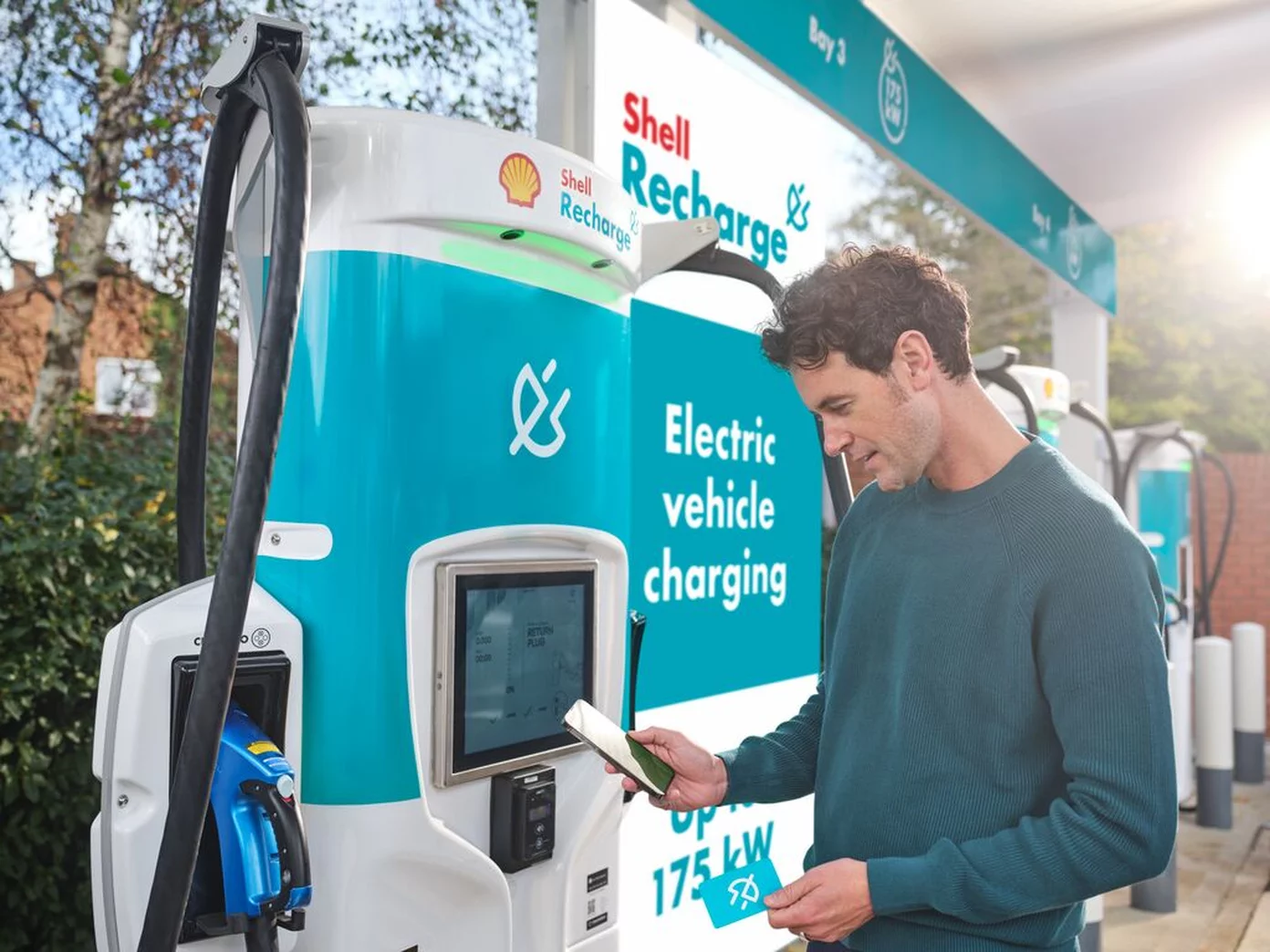Shell is making a bold move by phasing out a fraction of its fuel retail locations to prioritize the expansion of electric vehicle (EV) charging infrastructure. The petroleum powerhouse is set to divest approximately 1,000 of its fuel stations, a minimal 2% of its global portfolio, to invest in the burgeoning EV market—specifically to develop the Shell Recharge network.
Phased Reduction of Fuel Retail Outlets
In an effort to adapt to the evolving auto industry landscape, Shell will begin by discontinuing operations at 500 of its retail fuel stations in 2024, followed by an additional 500 in 2025. This strategic consolidation of real estate is set to redistribute financial resources towards increasing the availability of Shell Recharge EV charging points—although the exact number of new charging stations has yet to be disclosed.
The Geographic Focus of Expansion
Shell’s EV strategy is geographically nuanced, with an acute focus on the Chinese and European markets, owing to the heightened demand for EV infrastructure in these regions. While the US is not excluded from Shell’s electrification blueprint, existing Shell Recharge stations across the country may require significant enhancements to ensure reliability and customer satisfaction, as suggested by insights from PlugShare evaluations.
EV Charging Infrastructure Beyond Gas Stations
Exploring beyond traditional fuel station layouts, Shell is looking to integrate EV charging solutions into various urban settings including retail environments and areas of high pedestrian traffic. The ambition is to capitalize on direct revenue from charging services, rather than relying solely on in-store sales at fuel stations.
Competition Intensifies Among Oil Majors
Shell is not alone in its electrification pursuits. Other oil industry stalwarts like BP are also claiming territory in the EV charging sphere with significant investments, as evidenced by BP’s $100M deal to acquire Tesla charging units for the BP Pulse network. Similarly, Phillips 66 is stepping up to the plate, exemplifying commitment to high-quality EV charging services, amongst a market of several legacy players competing to secure their future relevance amidst the EV revolution.
The Bigger Picture
In this transformative period, oil giants are leveraging consumer trust, established through decades of service in the internal combustion engine era, to transition into the electric mobility domain. Success in delivering reliable EV charging solutions could help these companies sustain their market presence well into the electric age.
For a more comprehensive overview of the various players and their contributions to the EV charging ecosystem, one might refer to additional industry commentary and resources, such as the Charged EVs publication.
